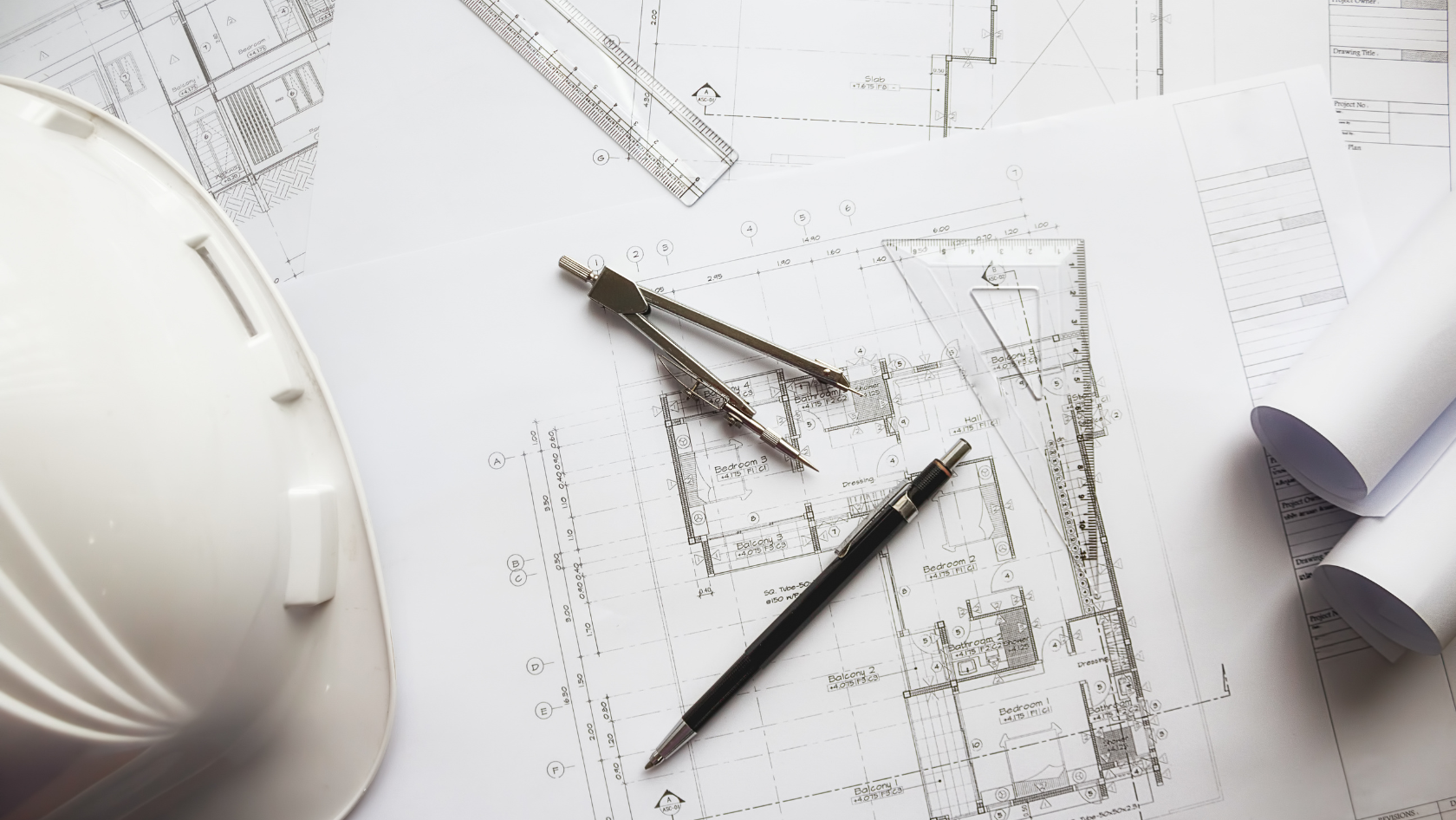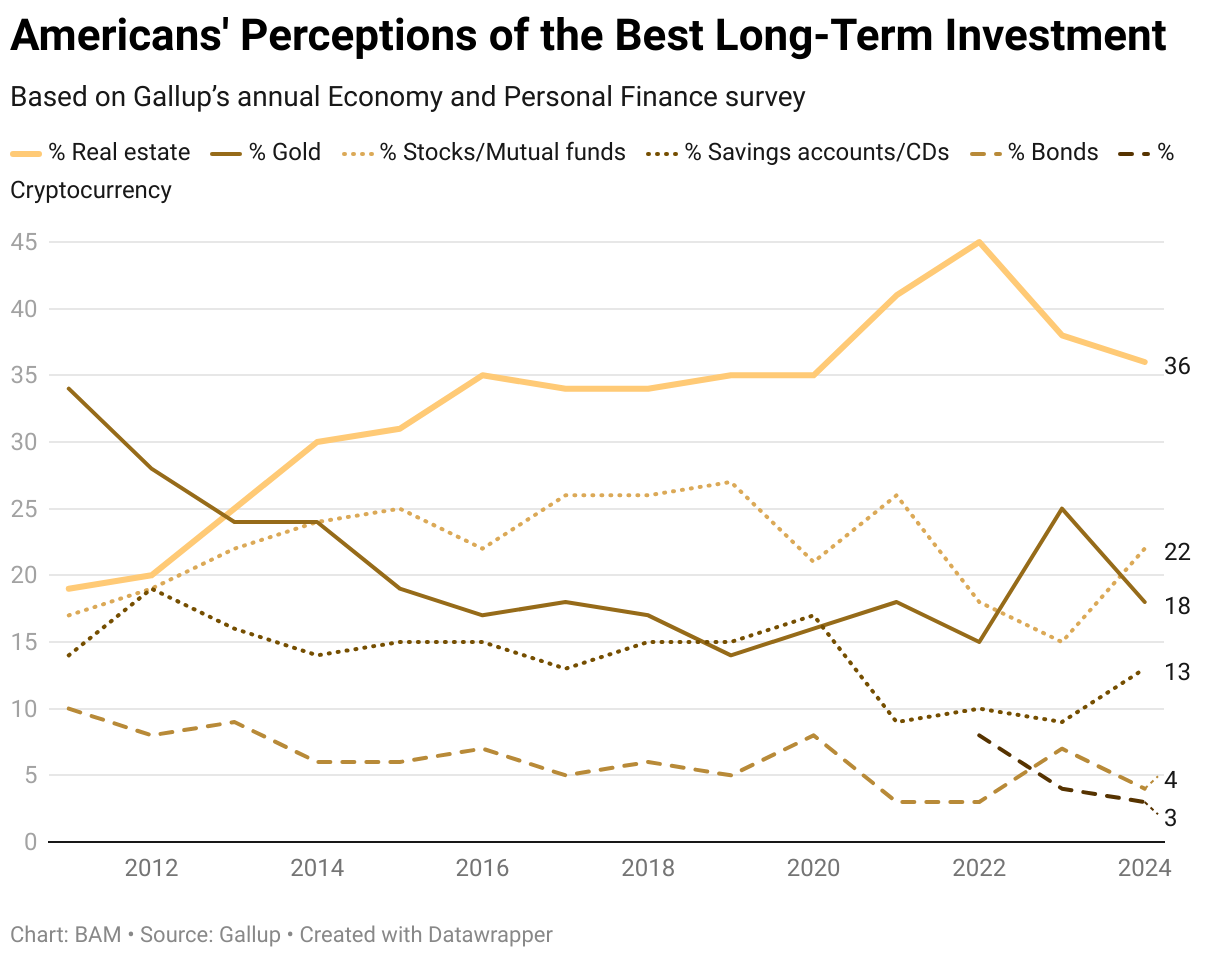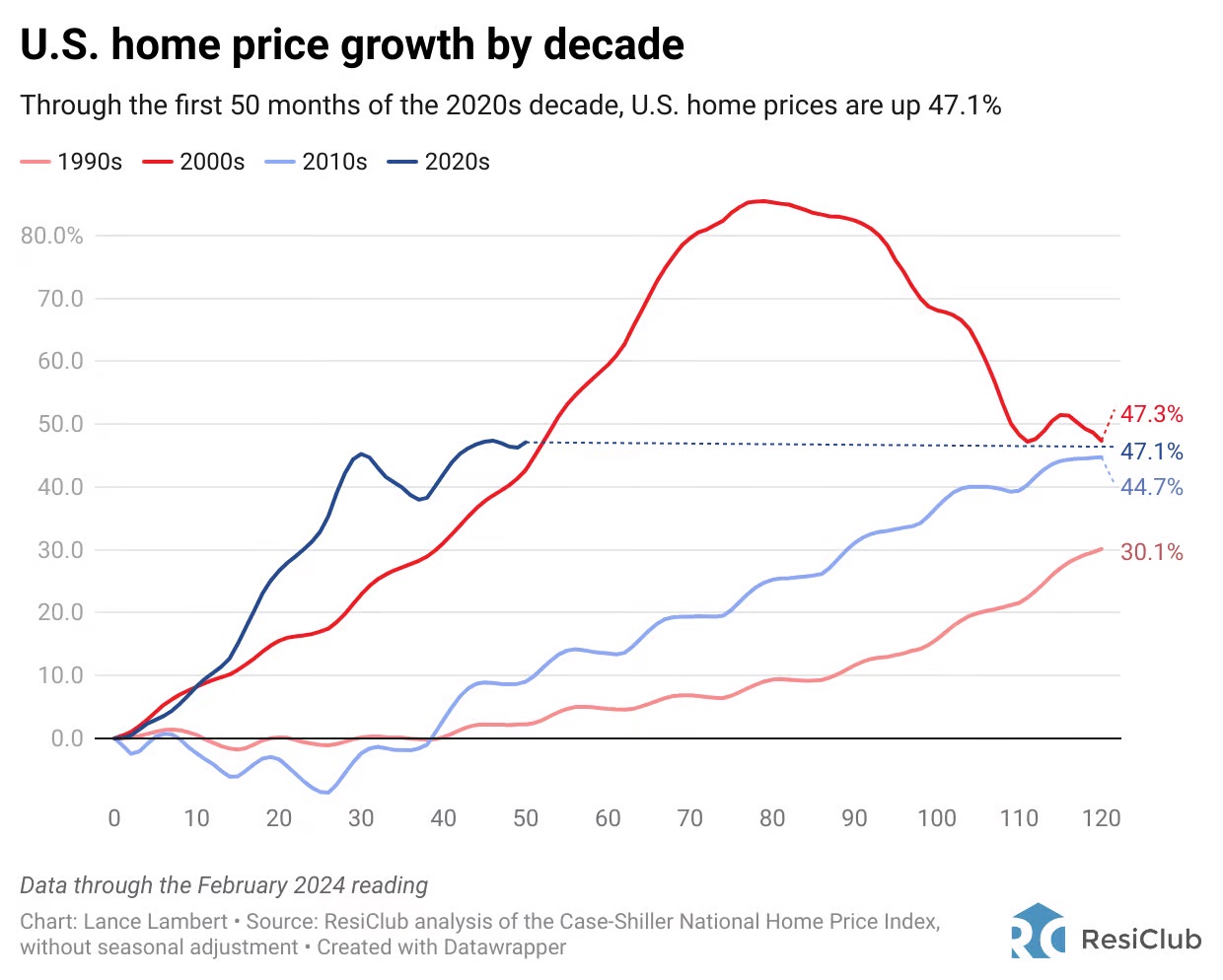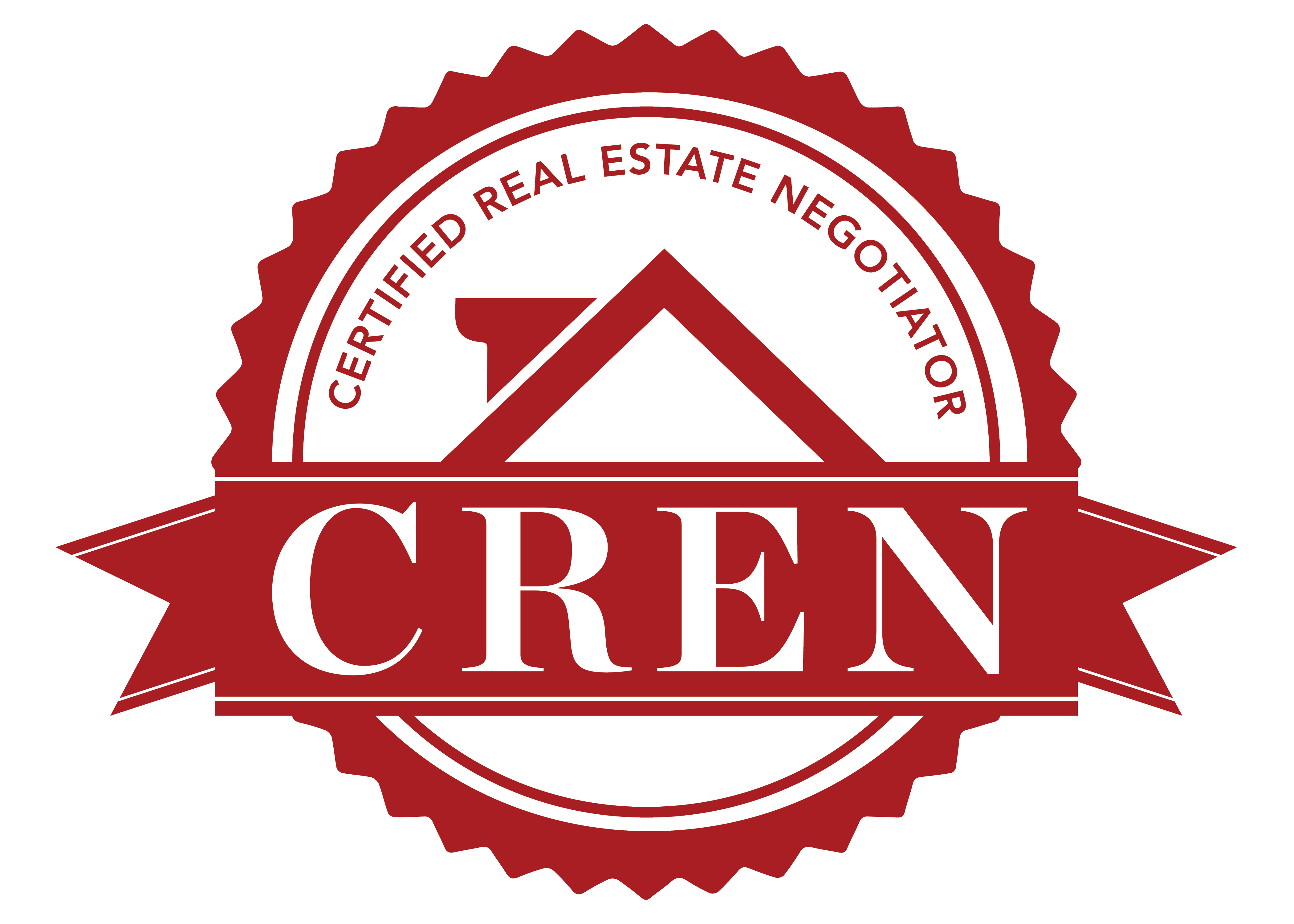When it comes to selling your home, making a great first impression is crucial. But what if you don’t have the budget for a major home renovation?
Luckily, new data from Zillow and Thumbtack reveal that you don’t need to break the bank to boost your home’s appeal. “Certain low-lift projects can deliver a high payoff because they elevate a home in the mind of a buyer,” said Amanda Pendleton, Zillow’s home trends expert.
Here are the top 10 no-demo home renovation projects of 2024 that can make your home stand out in the market and attract more buyers.
#1—Window Box
Who doesn’t love a pop of color and greenery? Window boxes are a classic way to enhance your home’s curb appeal. These charming containers for flowers, plants, or herbs can be installed just below the window sill, instantly bringing new life to your home’s exterior.
- Zillow stats: Homes with a window box receive 48% more saves and 52% more shares per day compared to similar homes without this feature.
- Average national cost: $100 to $150 for professional installation and $15-$900 for materials
#2—Open Shelving
Open shelving has become a hot trend in home decor, with closet systems and shelving installations up 31.5% year over year according to Thumbtack. It’s a great way to display your favorite items while creating an airy and modern look. This project can be a DIY endeavor or you can hire a professional for a custom built-in.
- Zillow stats: Homes with open shelving receive 37% more saves and 45% more shares per day compared to similar homes without this feature.
- Average national cost: $275 for professional installation (excluding the cost of shelves)
#3—Painted Brick
If you have a brick exterior, consider giving it a fresh coat of paint. A new color can completely transform the look of your home and increase its curb appeal.
- Zillow stats: Painted brick homes receive 31% more saves and 39% more shares per day compared to similar homes without fresh paint.
- Average national cost: $4,600–$7,600, including labor, material and equipment
#4—Vintage Charm
Vintage elements can add a unique touch to your home. Think about incorporating vintage light fixtures, hardware, or even furniture. Not only does it add character, but it can also save you money compared to buying brand new items.
- Zillow stats: Homes with vintage touches receive 28% more saves and 31% more shares per day on Zillow compared to similar homes without them.
- Average national cost: Vintage decor costs vary, but you can find great pieces for less than $100. Vintage crown molding, for example, costs between $2 and $50 per linear foot and can make ceilings appear higher while adding architectural interest.
#5—Outdoor TV
An outdoor entertainment area can significantly boost your home’s value. One easy way to create this space is with an outdoor TV. Installations have risen 12.7% year over year, making it a popular addition for many homeowners.
- Zillow stats: Homes with an outdoor TV get 28% more saves and 26% more shares per day than those without.
- Average national cost: $175-$200 (this can increase depending on electrical capabilities and weatherproofing)
#6—Picket Fence
It may be part of “The American Dream” stereotype, but a white picket fence is a timeless feature that continues to boost curb appeal. Added bonus: it provides a fenced-in yard for pets, a feature many buyers appreciate.
- Zillow stats: Homes with a picket fence receive 27% more saves and 31% more shares per day than yards without a fence.
- Average national cost: $7–$45 per linear foot
#7—Pergola
As outdoor living becomes more important (and summers hotter and hotter), adding a pergola can provide much-needed shade and a stylish gathering space.
- Zillow stats: Homes with a pergola get 20% more saves and 24% more shares per day than those without.
- Average national cost: $3,600 for a 10-by-10-foot pergola, including labor and materials
#8—Fire Pit
A fire pit can make your backyard a cozy retreat for summer nights. This DIY-friendly project can be completed at a low cost, providing an inviting outdoor feature.
- Zillow stats: Homes with fire pits see 19% more saves and 23% more shares per day than those without.
- Average national cost: Under $1,000 (depending on the kit purchased)
#9—Outdoor Sound System
A sound system is another way to start (or add to) an outdoor entertainment area. A little music can help set the tone for any type of gathering. If you bundle this project with an outdoor TV, it could help you save on labor costs, as they can be set up at the same time.
- Zillow stats: Homes with this feature see 18% more saves and 19% more shares per day.
- Average national cost: $500-$2,000 depending on the system
#10—Smart Lighting
Upgrade your home’s lighting with smart technology. This modern feature can make your home more attractive and functional.
- Zillow stats: Homes with smart lighting get 18% more saves and 23% more shares per day than those without.
- Average national cost: $308 for installation
Conclusion
These projects can make a significant impact on your home’s appeal and market value. And the best part is, no reno needed!
“These features bring a wow factor to a home or they serve as a signal that a home is up-to-date, well-maintained or move-in ready,” said Pendleton. “When it’s time to sell, these features may ultimately help a home sell faster or for more money, because there will likely be more competition for that home among buyers.”
Whether you’re looking to sell soon or just want to enjoy some new features, these home renovations are worth considering. Remember, small changes can make a big difference!


 Facebook
Facebook
 X
X
 Pinterest
Pinterest
 Copy Link
Copy Link






















